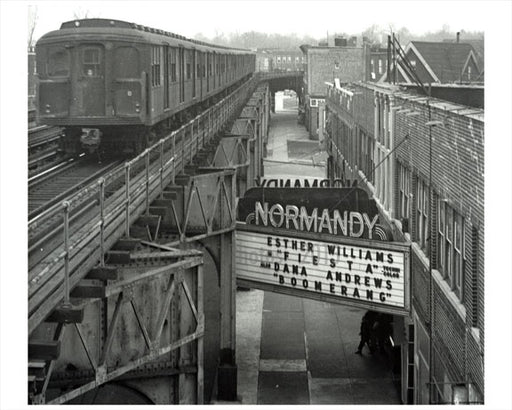
Introduction
Normandy, a northwestern region of France, holds substantial historical and cultural significance, particularly known for its role in World War II and its picturesque landscapes. As a region that has seen many pivotal events, Normandy offers insights into France’s rich heritage and continues to attract visitors worldwide. This article delves into key historical events and contemporary relevance that define this captivating region.
Historical Significance
Normandy is perhaps best known for the D-Day landings on June 6, 1944, pivotal in the Allied forces’ liberation of Western Europe from Nazi occupation. The beaches of Normandy, including Omaha and Utah, have become synonymous with courage and sacrifice, commemorated by numerous memorials and cemeteries such as the American Cemetery at Colleville-sur-Mer.
However, Normandy’s importance stretches beyond World War II. In 1066, William the Conqueror, Duke of Normandy, invaded England, fundamentally altering the course of English history. This event is commemorated in the famous Bayeux Tapestry, a UNESCO World Heritage site that narrates the events leading up to the invasion.
Modern Normandy: A Blend of Culture and Tourism
Today, Normandy is not only a site of historical remembrance but also a vibrant region that attracts tourists for its culinary delights, including Camembert cheese and Calvados apple brandy, and stunning scenery, featuring the dramatic cliffs of Étretat and the UNESCO-listed Mont Saint-Michel. The region’s economy significantly benefits from tourism, with millions flocking to explore its historical sites, charming towns like Honfleur, and breathtaking countryside.
In recent years, Normandy has also become a focal point for cultural events, including art festivals and historical reenactments, allowing visitors to engage with its past actively. The region has worked to preserve its historical landmarks while promoting modern cultural exchanges, amplifying its appeal to a global audience.
Conclusion
As Normandy continues to balance its rich history with modern advancements, it remains an exemplary representation of France’s heritage. Its historical sites serve as reminders of past sacrifices, while its contemporary cultural offerings provide a bright outlook for future generations. For anyone interested in history, culture, or France itself, Normandy promises an unforgettable experience that resonates with both the past and the present.
You may also like

The Role of Metro Systems in Modern Cities

Costa Coffee’s Commitment to Sustainability in 2023
